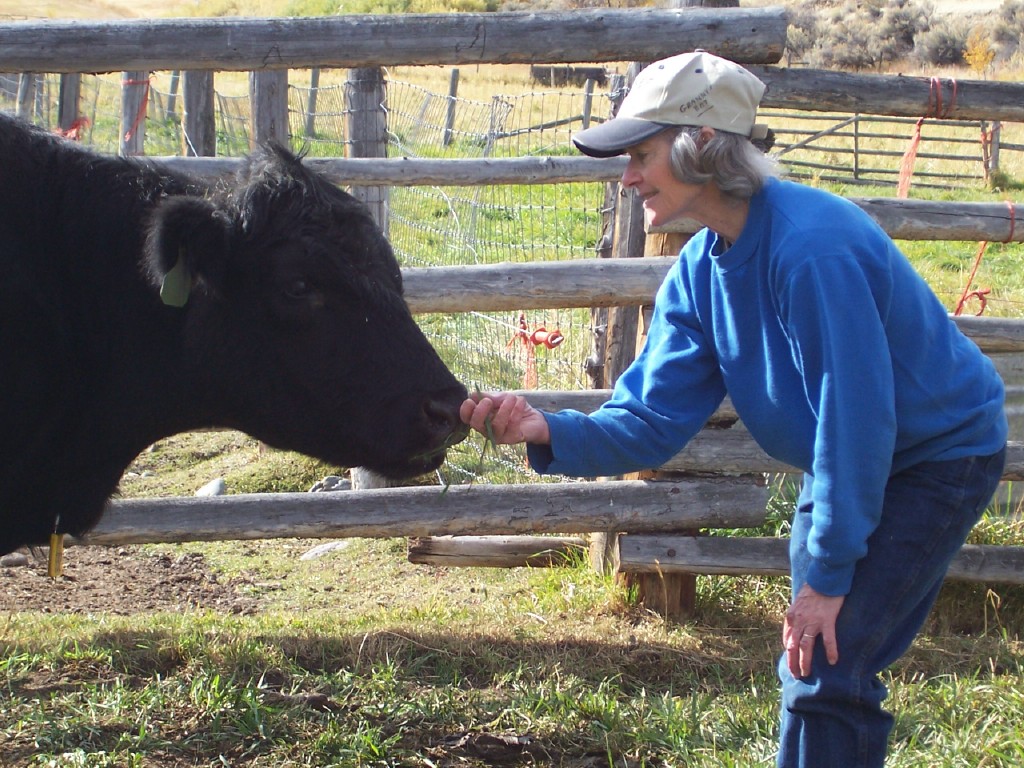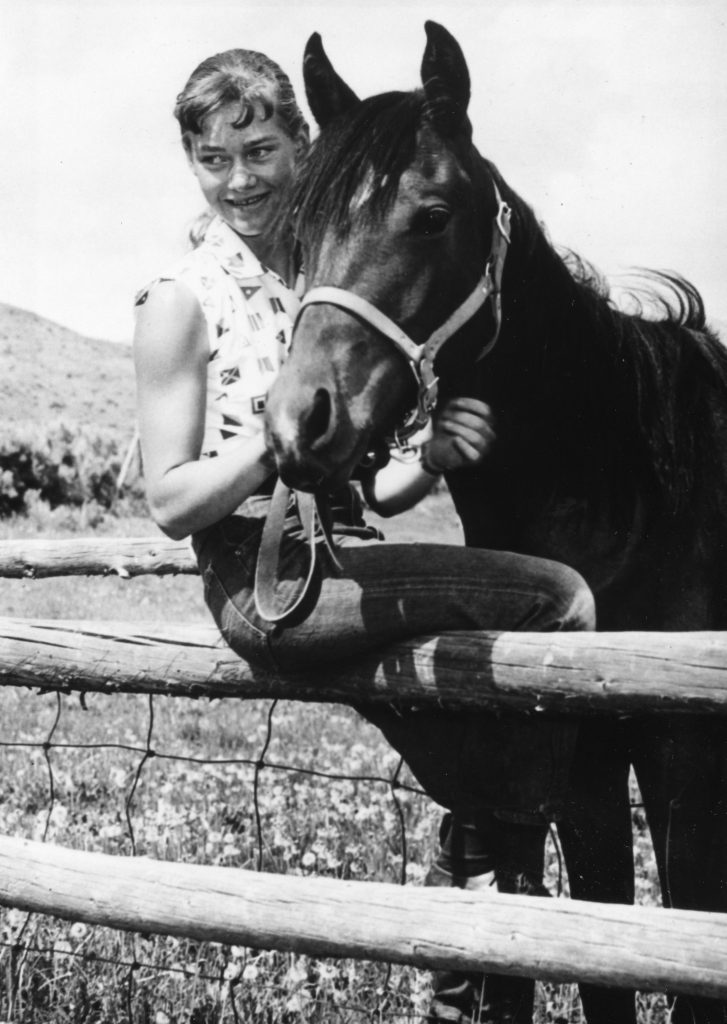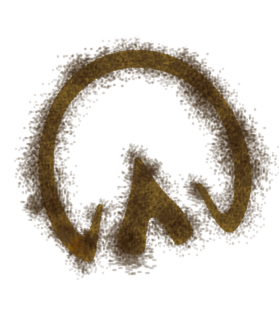Career: Writer
Hay Everyone!
I’m excited to be bringing you another installment in my careers in the equine industry series. This week I visited with a Helen Thomas, an author and writer. She has worked with some of the folks at the Equine Science Center on articles for The Horse, an equine magazine. Today we get to take a look into her everyday life. As you might imagine, this ranks among my favorite interviews. I am a writer too, so we have much in common!
Keep reading to learn more about Mrs. Thomas and her work. Maybe it will help you decide if you want to follow in our footsteps as a writer!
Lord Nelson (LN): What does your typical day at work look like?
Mrs. Thomas (Mrs. T): I actually never have a “typical” day because I am a rancher as well as a writer. The reason I write about horses (and cattle) is because I have always loved them and wanted to work with them. I had horses and cattle from age 10 onward, and my dream was to have a ranch and raise horses and cattle, and was lucky because I married a rancher and this is what I’ve been doing for 55 years.
So, my “typical” day is to get up at 4 or 5 a.m. and write for a few hours (until daylight) and then go out and feed my horses and any other chores—depending on time of year; I may also be feeding a group of heifers and some bulls. After breakfast I continue writing unless I am outside feeding cattle (in winter) or moving cattle (in summer), riding with my daughter or granddaughter to check/fix fences, etc. In summer we are usually training a couple of young horses.
Whenever I’m not outside working with the “critters” I’m at the computer writing or doing phone interviews for articles.

Mrs. Thomas with one of the cows on the ranch. Horses are not her only passion in life.
LN: What is your favorite part of the job?
Mrs. T: My favorite part of my writing “job” is writing about the things I am most passionate about (horse/cattle health care) or interviewing people who are fun or interesting to interview (always by phone; I never go anywhere because I am sort of a hermit and prefer to stay home and take care of my animals). I get to “meet” many interesting people over the phone.
LN: What is your least favorite part of the job?
Mrs. T: My least favorite thing is typing up long, somewhat boring interviews, because sometimes I am asked by an editor to write about things that I don’t have as much interest in but I do those articles anyway because I never turn down an assignment and I respect and appreciate my editors. Also, one of my least favorite things is having to do articles that take a long time to write (perhaps several people to interview) for editors who expect a lot and don’t pay very much. But again, I do them anyway.
LN: If someone were considering a similar career path, what advice would you offer to them?
Mrs. T: Write about things you enjoy. Find publications and editors who want the type of articles you want to write. Always be courteous and willing to please and to go the extra mile for any assignments you are given. Be persistent. Sometimes it’s hard to break in at first, especially as a free-lancer, but if you hone your skills and do a good job and keep “knocking on doors” you will succeed. Success breeds success. Once you get a reputation as someone who can do the job, you will get more jobs.
LN: What is your most memorable or favorite memory related to your career?
Mrs. T: There are many! After writing more than 15,000 articles and 25 books (over a 65-year time span—I sold my first story when I was 12 years old, to a publication for children) I have a lot of “favorite” memories. But one memory is of an editor who pushed me into the “modern” world. I wore out 3 antique typewriters over the course of 4 decades and swore I would never use a computer, but some of my editors began to mumble and grumble about my not-so-neat typewritten manuscripts received by mail and wanted me to send the articles on computer disks. I resisted, not knowing anything about computers, until finally one editor (who had recently bought a new computer for herself) boxed up her old computer and had it shipped to me. It sat in its boxes for 6 months until my cousin (who lived in California, and also wrote books, including books about computers, for kids) came to visit me, opened the boxes, set up my computer, showed me how to turn it on, and left me with copious notes and cheat sheets about how to work it—and I could always telephone her if I had a problem and she’d walk me through it. So….in 1995, I was pushed and dragged kicking and screaming into the new technology, and before long my editors insisted on getting everything by e-mail, so I had to make that leap, as well.

Mrs. Thomas at her typewriter before she upgraded to a computer.
LN: What made you decide to pursue a career as a writer and how did you establish yourself within this field?
Mrs. Thomas: When I was young, I was very shy and unable to express myself very well orally; it was always easier to put my thoughts and feelings into words on paper. I used to say my brain worked about the speed of a pencil; I could never think fast enough “on my feet” to talk to people and did better writing down what I wanted to say. I was much more at ease talking to my horse than to humans!
In grade school I wrote lengthy stories about horses, and made little handwritten “books” for some of my friends to read. My dad suggested I write a shorter story and I pecked it out on his old typewriter. He sent it to our church’s publication for children and the editor sent me a check for $10! Back in 1952 that was a lot of money to a 12-year-old kid and I realized I could actually make money doing something I loved to do.
I was hooked, so I started writing children’s stories (mostly about horses) for several children’s magazines, and by the time I was in high school I was selling articles to horse and cattle publications about horse care and cattle care, and it built from there. In college I wrote a lot of stories and articles (helped pay my way through college) and then after I got married and my husband and I were trying to pay for a ranch and larger herd of cattle, writing became my “off farm job” that I did at home at odd hours whenever I wasn’t outside doing work on the ranch or taking care of our two little kids. And that “job” continues to this day.

Mrs. Thomas as a young girl with one of her horses, Khamette.
LN: What made your choose a career in written media over a career in a different branch of equine communications?
Mrs. T: Writing was the best way for me to communicate—it just came naturally.
LN: How do you choose what topics to write about?
Mrs. T: If given a choice, I write about the things I love and know best (horses and cattle and anything pertaining to their health care, handling, breeding, etc.) Some of the publications I write for give me assigned topics, however. Usually most of them are things I don’t mind writing about.
LN: Is there anything else that you would like to share?
Mrs. T: I have learned a great deal over the years about horses, cattle, farming, ranching, agriculture in general, not only from personal experience (which by the way makes my writing more credible and enables me to interview people in many aspects of the ag world and ask pertinent questions because I am not just a “reporter” –I have a good idea what they are talking about, and can ask the right questions to draw them out and get their full input). I have also learned a great deal from the people I interview, and feel fortunate that I have had the opportunity to talk with veterinarians, researchers, professors, horsemen and trainers/breeders, cattle producers, etc. all over the country. It has been a wonderful education in itself, and I have made many good “friends” over the phone. As an aside, I use a tape recorder hooked up to my phone, so I don’t have to try to scribble notes, and I can accurately quote the people I interview.
It’s been a very satisfying career, and one that has been a perfect sideline to ranching and horse work. My goal in life has been to learn all I can about horses and cattle and their care and handling, and then share it with my readers. When interviewing medical professionals who often use terminology that is over the heads of most folks, I consider myself a “translator” – putting things into simple terms that anyone can understand. My goal has been to help broaden the knowledge of my readers.
LN: Thank you for taking the time to chat with me today Mrs. T!
Mrs. T: You are welcome Lord Nelson. It has been a pleasure.
What did you learn today? This interview reminded me how important it is to write about topics you are passionate about! I’m lucky that I get to do exactly that! Have you been inspired to pursue a career in writing or journalism? If not, we’ll have more options for you to consider in future blog posts, so keep your eyes open for more in my careers in the equine industry series.
Until Next Time.
Your Friend,

Lord Nelson
